EDINBURGH COUNCIL
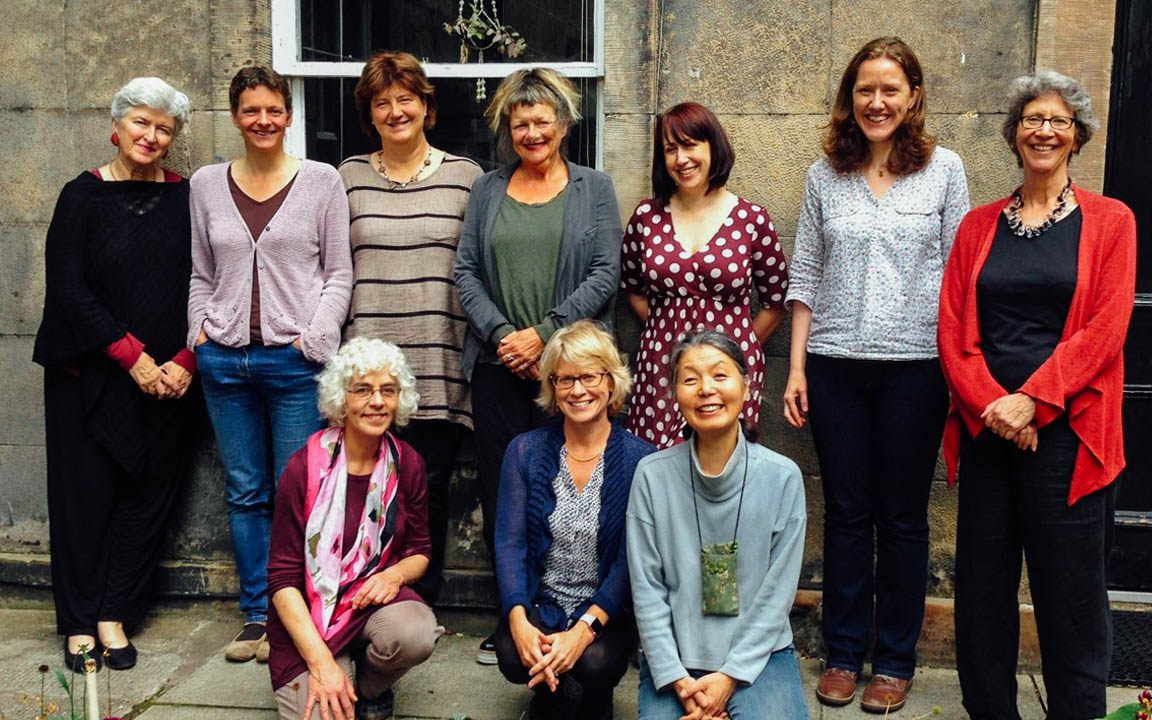
First row, left to right:Pauline Phemister, Emily Brady, Reiko Goto; Second row, left to right: Sarah Buie, Rachel Howell, Françoise Wemelsfelder, Wendy Wheeler, Christine Wilson, Alice Hague, Wallace Heim.
Launched 2016 | Institute for Advanced Study in the Humanities (IASH)
A Council convened by Pauline Phemister and Wallace Heim at the University of Edinburgh includes an interdisciplinary group of scholars, artists and practitioners from around the United Kingdom. It met over the course of 2016 in three sessions, and held a reunion in September 2017.
University of Edinburgh Council

Emily Brady, cultural anthropologist
Emily Brady is Professor of Environment and Philosophy at the University of Edinburgh. Her research interests span aesthetics and philosophy of art, environmental ethics, eighteenth-century philosophy, Kant, and animal studies. Brady’s philosophical approach moves between the historical and contemporary, seeking to reinterpret past thinking about nature and environment for a contemporary context. Her most recent book is The Sublime in Modern Philosophy: Aesthetics, Ethics, and Nature (2013).
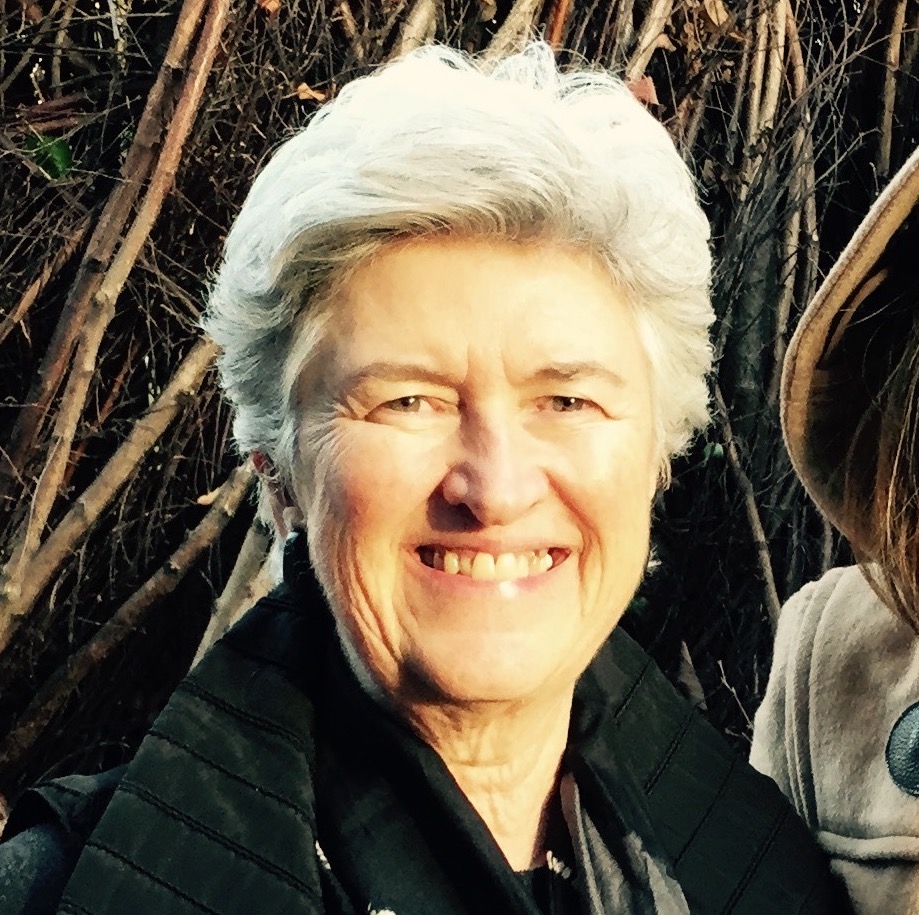
Sarah Buie, designer and educator, CUHF Council convener
Sarah Buie is a designer / educator who encourages dialogic awareness within higher education and in relationship to climate change. She is Founding Convener of the Council on the Uncertain Human Future, and A new Earth conversation, a campus-wide climate initiative at Clark University. She is Professor Emerita and Research Scholar At Clark; in her tenure as Director of the Higgins School of Humanities and its Difficult Dialogues initiative, major grants from the Ford Foundation, Mellon Foundation and Kaiser Family Foundation were awarded. As an award-winning museum exhibition designer, she designed more than 100 exhibitions for art, natural history and history museums.

Reiko Goto, public arts
Reiko Goto is an artist whose inquiry is on empathic relationships with other living things and the environment, pursued within a new-genre public art practice. She is a principal of Collins & Goto Studio in Glasgow. Recent projects include Plein Air, a sculptural interface that translates a tree’s response to atmospheric change to sound, and The Future Forest The Black Wood of Rannoch, a study of the Caledonian forest in Scotland. Goto completed a PhD at Robert Gordon University. She is also a distinguished research fellow at the STUDIO for Creative Inquiry, Carnegie Mellon University.
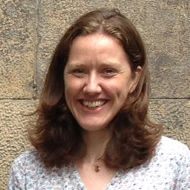
Alice Hague, political science and environmental action/em>
Alice Hague is an interdisciplinary PhD student at the University of Edinburgh where her research focuses on the role of faith-based communities in environmental action. With a background in science communication and science and climate change policy, she previously worked as a diplomat for the UK’s Foreign & Commonwealth Office, which included a secondment to the Swedish Ministry for the Environment. She holds a BSc (Hons) in Applied & Environmental Biology, an MSc in Science Communication and MDiv in Divinity..
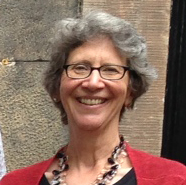
Wallace Heim, performance and social arts
Wallace Heim writes and researches on performance and ecology. Her doctorate is in philosophy from Lancaster University, but she works across disciplines to analyse the experience of performance and social practice arts. Her current work is on conflict, nature and theatre, and on nuclear placements at sea. She co-edited Nature Performed (2003), contributing the essay ‘Slow Activism: Homeland, love and the lightbulb’. She has published in Performance Research, in Readings in Performance and Ecology and in Performing Nature. She recently published Landing Stages.
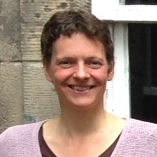
Rachel Howell, environmental social science
Rachel Howell is an interdisciplinary environmental social scientist, interested in lower-carbon lifestyles; pro-environmental behaviour change; climate change communication; attitudes towards unconventional energy, energy demand reduction technologies and energy/climate change-related policies, and social movements for sustainability. As a Lecturer in Sustainable Development at the University of Edinburgh, she aims to facilitate education for (rather than about) sustainability.
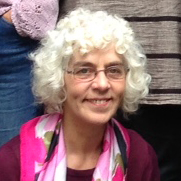
Pauline Phemister, environmental philosophy
Pauline Phemister is Professor of the History of Philosophy at the University of Edinburgh. Her most recent research combines history of philosophy and environmental philosophy, drawing on the philosophy of seventeenth century polymath, G. W. Leibniz, in the construction of a twenty-first century ecological philosophy. She is author of Leibniz and the Natural World: activity, passivity and corporeal substances in Leibniz’s philosophy (2005), The Rationalists: Descartes, Spinoza and Leibniz (2006), and Leibniz and the Environment (2016).
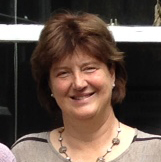
Françoise Wemelsfelder, animal cognition and consciousness
Francoise Wemelsfelder is Professor and Senior Scientist of Animal Behavior and Welfare at SRUC – Scotland’s Rural College. Her main research interest is the development of scientific approaches for the study of animals as whole sentient beings (i.e. as subjects rather than objects), bringing insights from philosophy of mind and social psychology and anthropology into the study of animal emotion. In collaboration with colleagues and students she has developed a qualitative methodology for assessing emotional expressivity in animals, and she works with farmers, veterinarians and animal welfare educators to apply this approach practically to enhance human-animal relationships and animal quality of life. She has published extensively and consults widely.
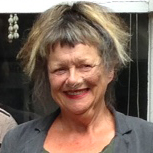
Wendy Wheeler, biosemiotics and environmental humanities
Wendy Wheeler is Professor Emeritus of English Literature and Cultural Inquiry at London Metropolitan University. She has been a Visiting Research Fellow at the University of Edinburgh, and a Visiting Professor at the University of Oregon. She is currently a Visiting Professor at Goldsmiths College London and at RMIT University in Melbourne. The focus of her research is in biosemiotics and the environmental humanities. Her latest book Expecting the Earth: Life|Culture|Biosemiotics was published by Lawrence & Wishart in 2016.
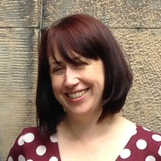
Christine Wilson, conflict and sustainability
Christine Wilson has been with the British Council for 11 years. As Head of Research and Engagement, she is currently working on a programme to reinvigorate a portfolio of cross-sectoral research at the British Council. She is curating a British Council exhibition on the Sustainable Development Goals, and also leads the Next Generation research series, focusing on amplifying the voice of global youth on issues such as democracy, gender equality, skills, education and entrepreneurship, justice and civil society. Her MSc on conflict research looks at the role of women in the Libyan peace-building process.

